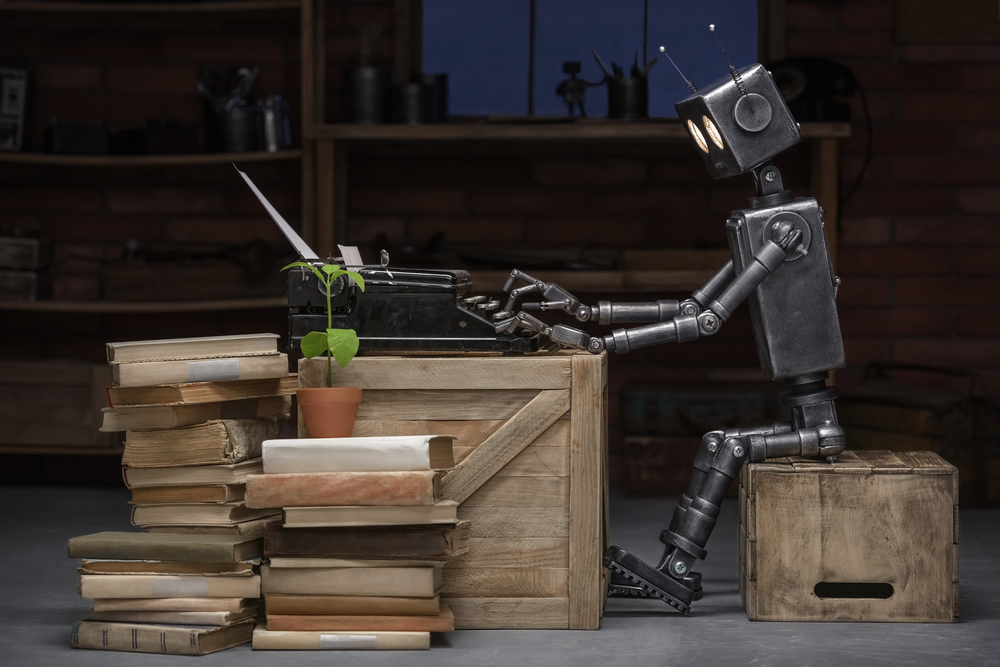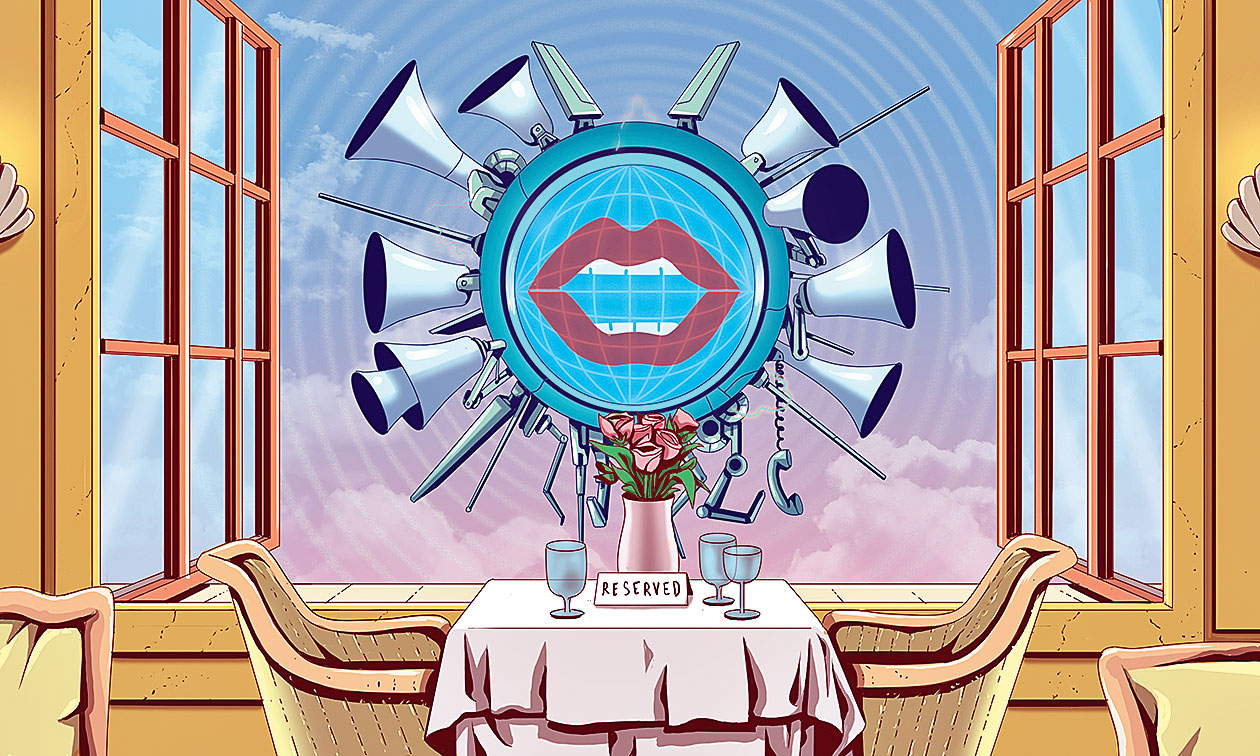Everyone loves a good story. Scheherazade, that ingenious noblewoman in Arabian Nights, knew that a gripping tale could save lives. Tales are known to have been spun to escape punishment and reality as well as to achieve goals both admirable and base. A tall tale can also make or break fortunes: political pundits, such as the Indian prime minister, would vouch for this. But in this age of automation, the most important feature of stories is that they help tell apart man from machine. This belief has been augmented by Patrick Henry Winston, one of the leading lights of artificial intelligence technology and the former director of the AI lab at the Massachusetts Institute of Technology, who had argued, persistently, that storytelling is the final frontier that separates man from intelligent machines.
But machines, increasingly, are attempting to emulate the human chronicler. Admirers of the fictional boy wizard, Harry Potter, were recently thrilled to learn of a new book in the series. But their enchantment was short-lived when they discovered that Harry Potter and the Portrait of what Looked Like a Large Pile of Ash was not the product of J.K. Rowling’s vivid imagination. Rather, it was the creation of a coded machine that had gobbled up all seven volumes penned by Ms Rowling and come up with a storyline that would have made the absurdists proud. The machine, readers insisted, had lost the plot. Harry had become a ghost, while his best friend, Ron, horrified fans with his frenzied tap dancing around Hogwarts Castle. While the text may have been devoid of grammatical howlers — the human Achilles heel — the challenge of weaving together a tightly knit, engrossing narrative appears to have stumped the plagiarist without a soul.
The inability to make logical connections — holes in the plot can diminish the potency of even the most intriguing accounts — is not the only thing that ails AI storytellers. The android is also handicapped by its lack of understanding of human experiences. Can, for instance, a mechanical narrator write about death? Unlikely. An entity that cannot decay can hardly comprehend death. Nor can robotic memory, immune to the ravages of time, relate to the fear of forgetting. Again, can robot grease reproduce in vivid prose the flush of hormones brought on by love or lust? The bond of a shared experience between the teller of tales and their listeners lies at the heart of storytelling. The knowledge of fear and courage, joy and sadness, love and loss is passed from one to the other through this collaboration. Intelligent as they may be, machines can only hope to learn from their human masters what they cannot feel themselves.
This shortcoming, though, would not be enough to halt the march of automation. Is there then a case for collaboration between man and machine in tale telling? Technology, such as holographic storytelling and audiobooks, could be honed in a way so that storytelling becomes more participatory and engaging than the printed word or the moving image.













